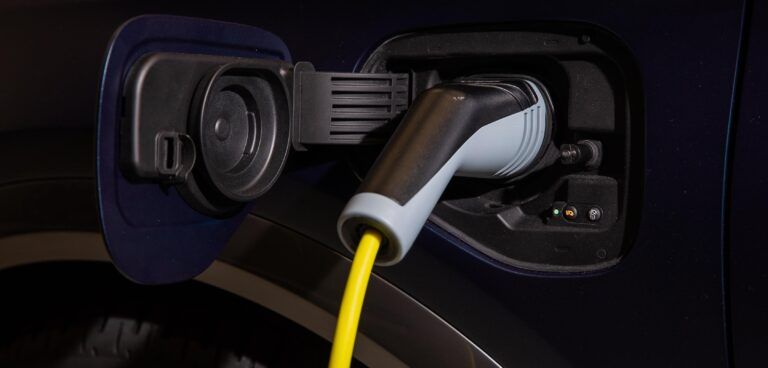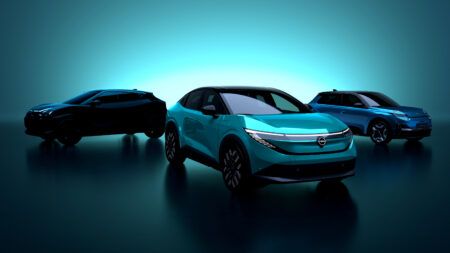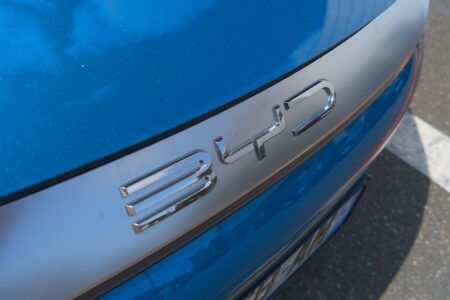The first electric vehicle charging technology that doesn’t require an RFID card or smartphone to access is set to begin a trial in Yonne, France, at the beginning of 2020.
A partnership between EV charging platform provider Virta, charge point provider Efacec and the Departmental Energy association of Yonne (SDEY) are co-operating with Hubject to pioneer ‘Plug & Charge’.
Intended to make the process of charging electric vehicles easier and more efficient, it removes the need for drivers to carry numerous cards or subscribe to multiple charging provider accounts. Instead, once the car is plugged in, the charger receives encrypted data from the car and the payment processing is handled in the background. It relies on the ISO 15118 standard for communication between electric vehicles and the grid using digital certificates.
The pilot is planned to start at the beginning of 2020 with SDEY initially installing 6 Plug & Charge compatible charging stations of the manufacturer Efacec, model HV160, in the department of Yonne. Hubject will provide the Plug & Charge ecosystem and underlying Public Key Infrastructure. The charging stations will be connected to Hubject’s intercharge network via Virta platform and will be Europe-wide interoperable like the rest of SDEY’s charging network.
EV charging platform provider Virta, charge point provider Efacec and the Departmental Energy association of Yonne (SDEY) are co-operating with Hubject to pioneer Plug & Charge, an easy, seamless and secure new charging technology, in Yonne, France.
“We are extremely pleased to be part of this end-to-end test, which aims at jointly boosting the future of electric mobility. France is a market where we have always been investing a lot and we are proud to be an innovation accelerator here with our Plug&Charge ecosystem,” said Christian Hahn, CEO of Hubject.





